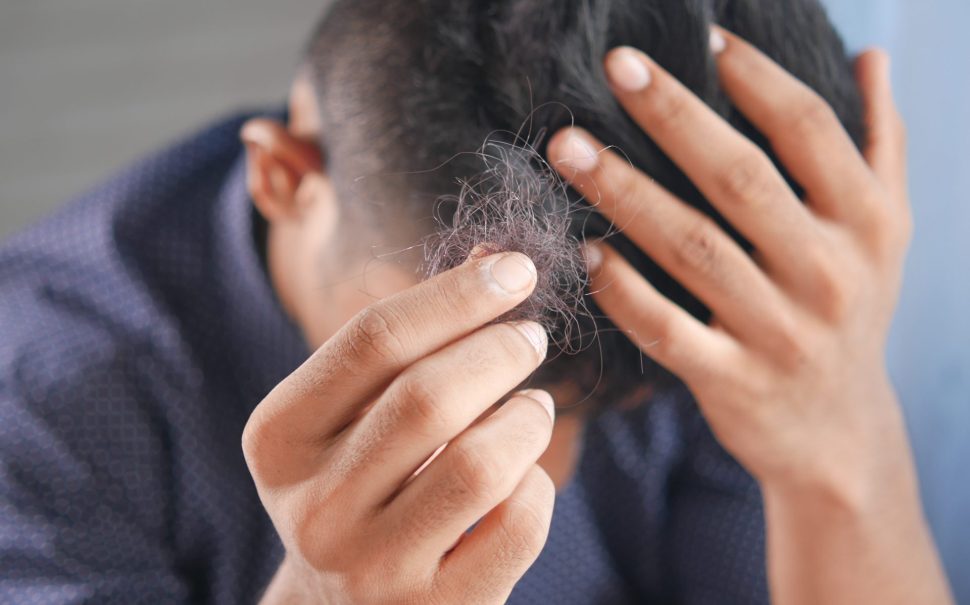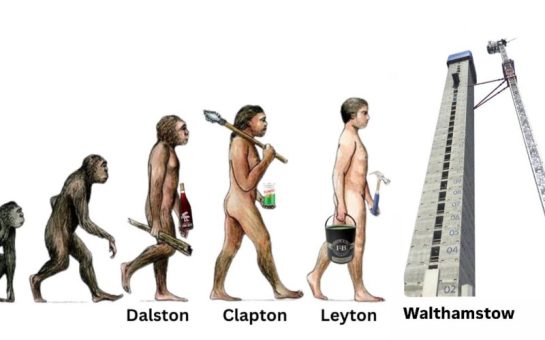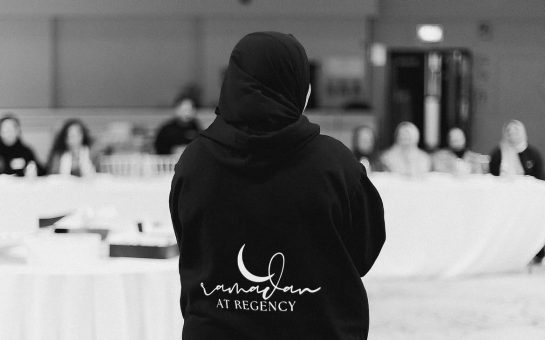Hair loss, a condition that affects millions of people worldwide, transcends the boundaries of physical health, deeply impacting an individual’s psychological well-being and self-image.
While it’s a common misconception that hair loss is merely a cosmetic issue, its effects can be profound, influencing how people see themselves and interact with the world around them.
The causes of hair loss are numerous, ranging from genetic factors to medical conditions and even stress.
In the UK alone, around 50% of men and 25% of women will encounter hair loss at some point in their life.
This prevalence highlights the importance of understanding hair loss not just as a physical condition but as a complex psychological issue.
The Emotional Impact of Losing Hair
The psychological effects of hair loss are often underestimated.
Hair is not just a part of our body; it’s an integral part of our identity and how we present ourselves to the world.
A recent news article explored how individuals experiencing hair loss often suffer from a decrease in self-esteem, feelings of unattractiveness, and a general reduction in quality of life.
This emotional toll can manifest in various ways.
For some, hair loss triggers social anxiety, leading to avoidance of social gatherings and a sense of isolation.
Others might experience symptoms of depression or anxiety, particularly if the hair loss is rapid or occurs at a young age.
The psychological impact can be especially pronounced in women, for whom hair is often more closely tied to identity and societal standards of beauty.
Hair Loss Treatments
For those struggling with the psychological impacts of hair loss, finding effective treatments can be a crucial step towards improving mental health and self-image.
Modern hair loss treatments range from topical solutions and medications to more advanced procedures like hair transplants.
It’s essential to choose a treatment plan that’s tailored to the individual’s needs and the underlying cause of their hair loss.
For expert advice on developing a personalised hair loss treatment plan, individuals can request a consultation here with Oxford Online Pharmacy.
They offer a range of treatments and can provide guidance on the best course of action, considering both the physical and psychological aspects of hair loss.
It’s important to remember that addressing hair loss isn’t just about restoring hair; it’s about restoring confidence and mental well-being.
The Role of Support and Counselling
While medical treatments are crucial, the role of emotional support and counselling should not be overlooked.
A report by the British Association of Dermatologists emphasised the importance of psychological support for individuals dealing with hair loss.
Counselling can provide a space to discuss the emotional challenges and learn coping strategies.
Support groups, whether online or in-person, can also be beneficial.
Sharing experiences with others who understand the emotional journey of hair loss can be incredibly validating and comforting.
It helps to know that you’re not alone and that others share your struggles and successes in dealing with this condition.
Navigating Social Perceptions and Hair Loss
The way society views hair loss also plays a significant role in shaping the psychological impact it has on individuals.
Historically, lush, healthy hair has been associated with youth, beauty, and vitality, creating a stigma around hair loss that can exacerbate feelings of insecurity and inadequacy.
In recent years, however, there’s been a shift towards greater acceptance and openness about hair loss.
Celebrities and public figures openly discussing their struggles have contributed to this change.
Despite this progress, recent research by the University of Oxford found that people suffering from hair loss reported feeling judged or treated differently due to their condition.
This highlights the ongoing need for public awareness and education to combat stereotypes and foster a more inclusive attitude towards hair loss.
Mental Health and Hair Loss in the Workplace
The workplace is another area where the psychological effects of hair loss often come into play.
In a professional setting, where appearances can influence perceptions, hair loss can lead to a lack of confidence and anxiety about how one is perceived by colleagues and superiors.
A recent piece of research revealed that participants reported that their hair loss negatively affected their performance at work.
This statistic underscores the need for workplaces to be more aware and supportive of employees dealing with hair loss and its psychological implications.
Employers can play a crucial role in fostering an inclusive environment where employees feel valued regardless of their physical appearance.
Lifestyle Adjustments and Coping Strategies
Beyond medical treatments and psychological support, making lifestyle adjustments can also be beneficial in managing the emotional aspects of hair loss.
Regular exercise, a balanced diet, and stress management techniques can improve overall health and well-being, potentially reducing the severity of hair loss.
Mindfulness and meditation have also been shown to be effective in coping with the stress and anxiety associated with hair loss.
Adopting a proactive approach to mental and physical health can empower individuals to feel more in control of their condition and its impact on their lives.
Conclusion
In conclusion, hair loss is a complex condition with far-reaching psychological effects.
It’s crucial to approach it holistically, considering both the physical and emotional aspects.
Seeking professional advice for treatment plans, engaging in supportive counselling, and making lifestyle adjustments are all vital steps in managing the impact of hair loss on mental health and self-image.
By addressing these factors, individuals can navigate the challenges of hair loss with greater resilience and confidence.
Featured image by Towfiqu barbhuiya on Unsplash





Join the discussion